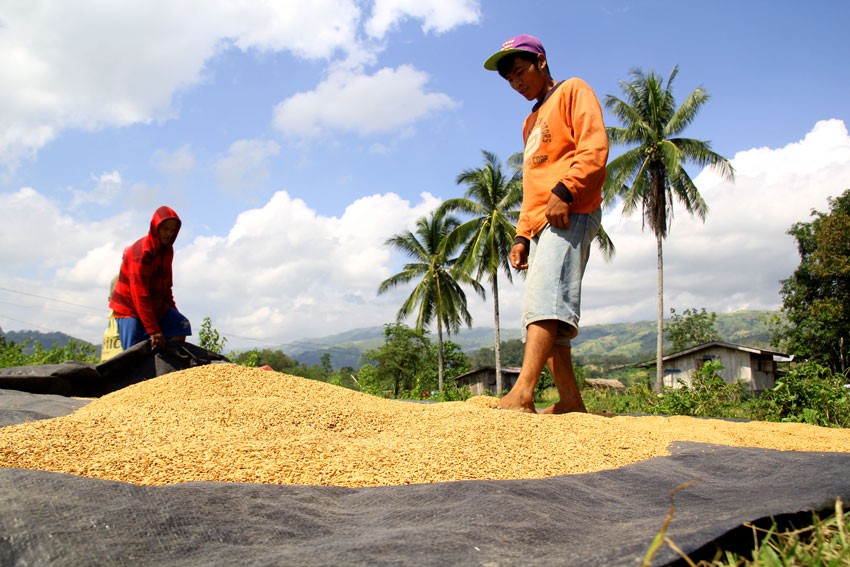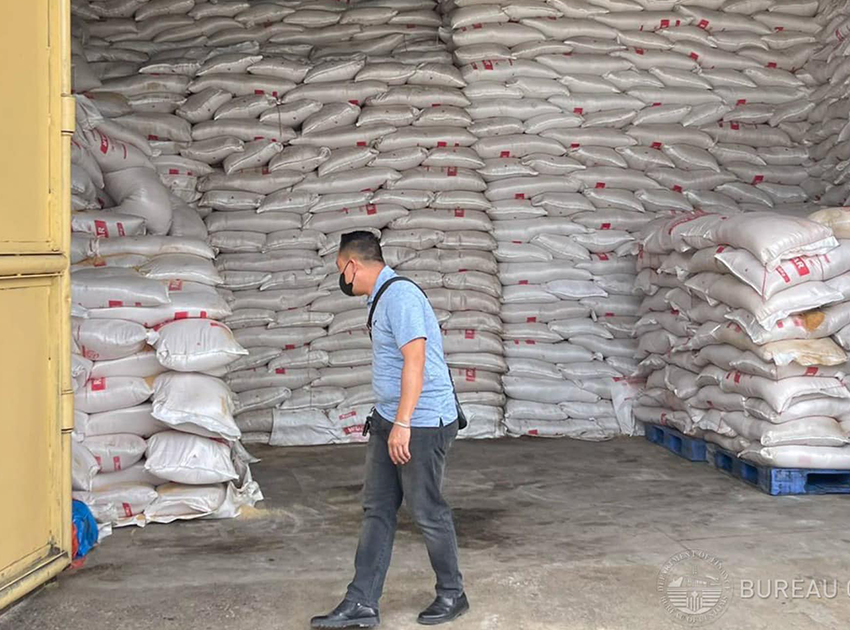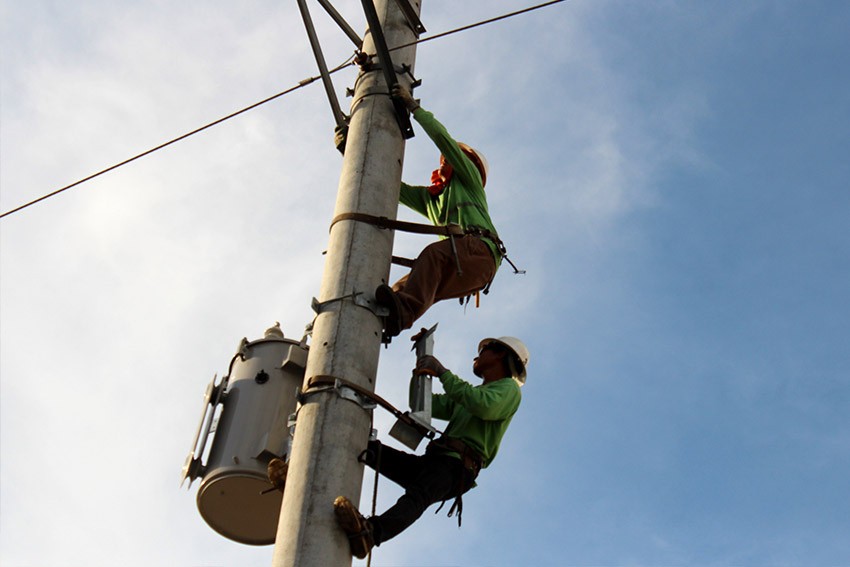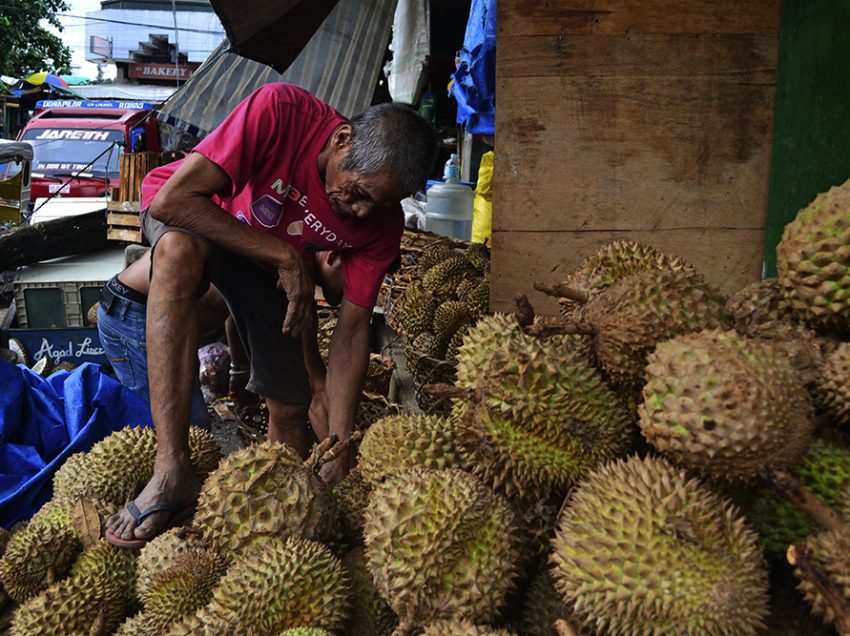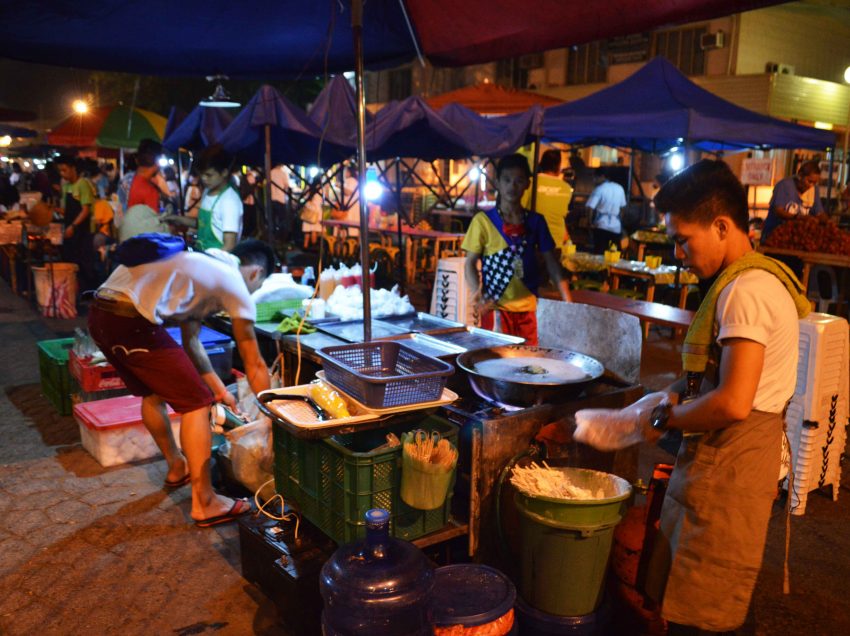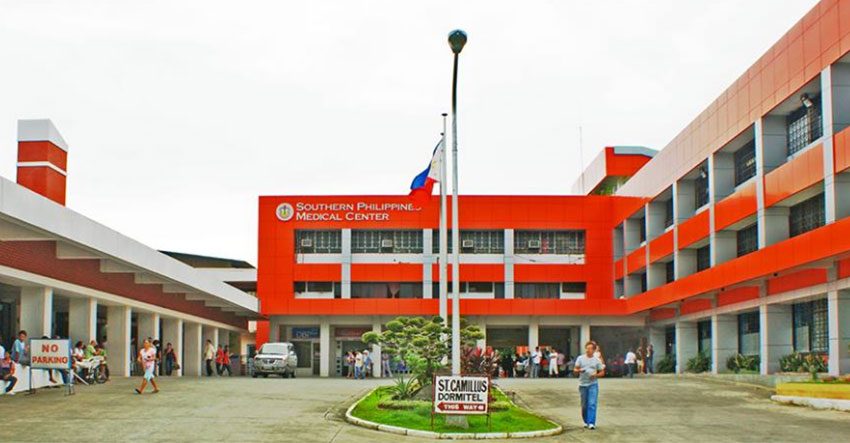The DOH in a statement posted online said they had not posted any such statement.
The late dictator Ferdinand Marcos’ land reform program may trace its roots to the Green Revolution. In the early 60s, the International Rice Research Institute (IRRI) was established at the University of the Philippines-Los Baños campus in Laguna to undertake extensive research to produce new rice varieties.
One of the biggest peasant groups in the country has urged the national government to revise the Rice Tariffication Law (RTL) claiming it does not serve the interest of the farmers and consumers.
An environmental group has raised the alert on toxic art materials following its purchase of crayon and watercolor sets that have been previously verified by the Food and Drug Administration (FDA) as containing heavy metals.
On August 23, the bureau’s representatives, together with representatives from the army, police, and the Sugar Regulatory Administration conducted a surprise inspection of the Crystal Sugar Company Inc. warehouse in North Poblacion village, Maramag town.
Posts from these imposter pages, which were created only this August, started circulating when Philippine schools have returned to in-person classes for the first time since the COVID-19 lockdowns.
An electric cooperative in Davao del Norte admitted that it is a challenge to serve their clients in over 600 far-flung sitios (sub-villages) due to lack of accessible roads.
Edgardo Haspe, CAO officer-in-charge, attributed the insufficient harvest to the unusual weather patterns which affected the supposed schedule of production.
The City Health Office (CHO) has confirmed that the diarrhea outbreak since July 15 is due to contaminated foods consumed by the victims.
The diarrhea outbreak in this city’s Toril District already claimed the lives of three persons, first a minor, then a senior citizen, and recently a teacher.



